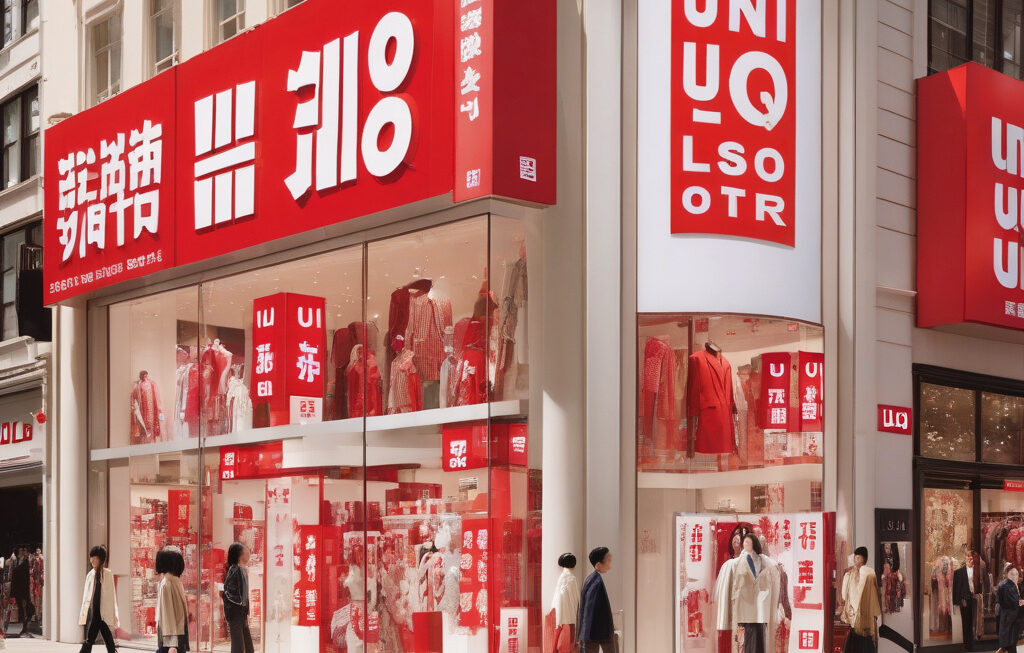EU Considers Implementing 2 Euro Fee for Low-Value Parcels, Impacting Shein and Temu
The European Union is at a crossroads when it comes to the handling of low-value e-commerce packages. In a move that could have significant implications for popular platforms such as Shein and Temu, the EU is contemplating the introduction of a 2 Euro fee on these parcels. This proposal comes as a response to a notable uptick in the volume of such packages entering the EU market, posing challenges in terms of regulation compliance and customs processing.
Platforms like Shein and Temu have gained massive popularity in recent years, offering trendy and affordable fashion items to consumers worldwide. However, this success has also brought about logistical and regulatory issues, particularly concerning the influx of low-value parcels. The proposed handling fee aims to address these challenges by not only generating additional revenue but also by incentivizing more streamlined processes for customs clearance and compliance with EU regulations.
While the implementation of a handling fee may be seen as a setback for e-commerce giants like Shein and Temu, it is crucial to understand the rationale behind the EU’s decision. The surge in low-value parcels has put a strain on customs authorities and postal services, leading to delays in processing and potential gaps in regulatory oversight. By levying a nominal fee on these parcels, the EU hopes to strike a balance between facilitating cross-border e-commerce and ensuring the proper enforcement of regulations that safeguard consumer interests and revenue collection.
Moreover, the proposed fee could pave the way for a more sustainable e-commerce ecosystem in the EU. By discouraging the excessive importation of low-value items, the EU aims to promote responsible consumption practices and reduce the environmental impact associated with e-commerce packaging and transportation. This aligns with broader sustainability goals and reflects a growing awareness of the need to balance economic growth with environmental stewardship.
It is worth noting that the implementation of the handling fee is still under consideration, with discussions ongoing regarding its scope and potential exemptions. Stakeholders, including e-commerce platforms, logistics providers, and consumer advocacy groups, are actively engaging with EU policymakers to shape the final decision and ensure that it strikes the right balance between regulatory compliance, consumer convenience, and industry competitiveness.
In conclusion, the EU’s proposal to introduce a 2 Euro fee for low-value parcels represents a proactive step towards addressing the challenges posed by the exponential growth of e-commerce. While platforms like Shein and Temu may face initial hurdles in adapting to this regulatory change, the long-term benefits in terms of enhanced compliance, streamlined processes, and sustainable practices could outweigh the short-term impacts. As the e-commerce landscape continues to evolve, finding innovative solutions to ensure the smooth flow of goods across borders while upholding regulatory standards will be key to fostering a thriving digital economy.
e-commerce, EU regulations, Shein, Temu, sustainability












